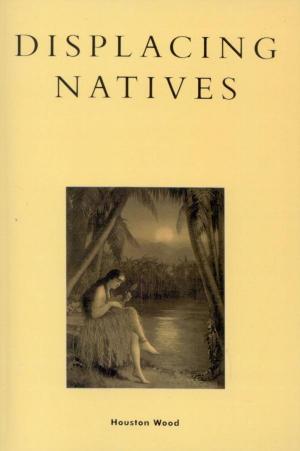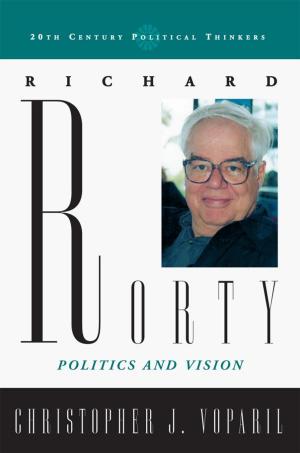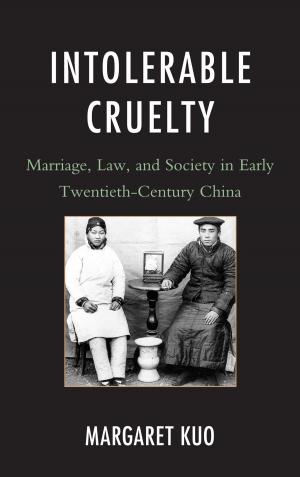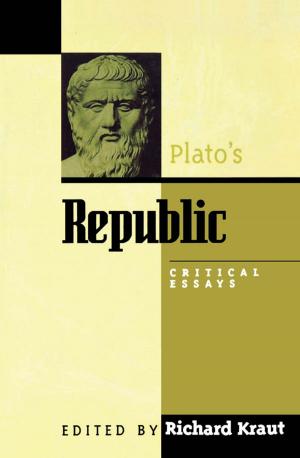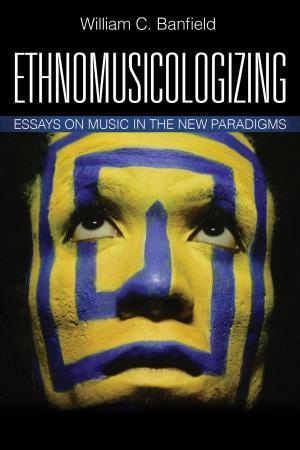The Party and the Arty in China
The New Politics of Culture
Nonfiction, History, Asian, China, Entertainment, Performing Arts, Film| Author: | Richard Curt Kraus | ISBN: | 9781417503568 |
| Publisher: | Rowman & Littlefield Publishers | Publication: | April 2, 2004 |
| Imprint: | Rowman & Littlefield Publishers | Language: | English |
| Author: | Richard Curt Kraus |
| ISBN: | 9781417503568 |
| Publisher: | Rowman & Littlefield Publishers |
| Publication: | April 2, 2004 |
| Imprint: | Rowman & Littlefield Publishers |
| Language: | English |
In this original exploration of the dynamic and potent interface between Chinese culture and politics, Richard Kraus examines the impact of the market on the once-comprehensive system of state patronage of the arts in the PRC. The author uses all genres of art to explore the changing nature of politics, seen through such phenomena as ideology, propaganda, censorship, and the relationship of artists to the state. Kraus makes three provocative arguments: First, the commercialization of China's cultural life has been intellectually liberating, but also poses serious economic challenges that artists are sometimes slow to master. Second, despite conventional wisdom in the West that China's economic reforms have not been followed by serious political reform, he shows that the shift from state patronage to a mixed system of private and public sponsorship is in fact a fundamental political change. Third, Western recognition of the reformation in China's cultural life has been obscured by a combination of ignorance, ideological barriers, and foreign policy rivalry. Cogent, witty, and deeply informed, this comprehensive overview of the Chinese arts scene will be an essential text for all observers of contemporary China.
In this original exploration of the dynamic and potent interface between Chinese culture and politics, Richard Kraus examines the impact of the market on the once-comprehensive system of state patronage of the arts in the PRC. The author uses all genres of art to explore the changing nature of politics, seen through such phenomena as ideology, propaganda, censorship, and the relationship of artists to the state. Kraus makes three provocative arguments: First, the commercialization of China's cultural life has been intellectually liberating, but also poses serious economic challenges that artists are sometimes slow to master. Second, despite conventional wisdom in the West that China's economic reforms have not been followed by serious political reform, he shows that the shift from state patronage to a mixed system of private and public sponsorship is in fact a fundamental political change. Third, Western recognition of the reformation in China's cultural life has been obscured by a combination of ignorance, ideological barriers, and foreign policy rivalry. Cogent, witty, and deeply informed, this comprehensive overview of the Chinese arts scene will be an essential text for all observers of contemporary China.



